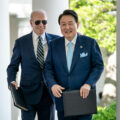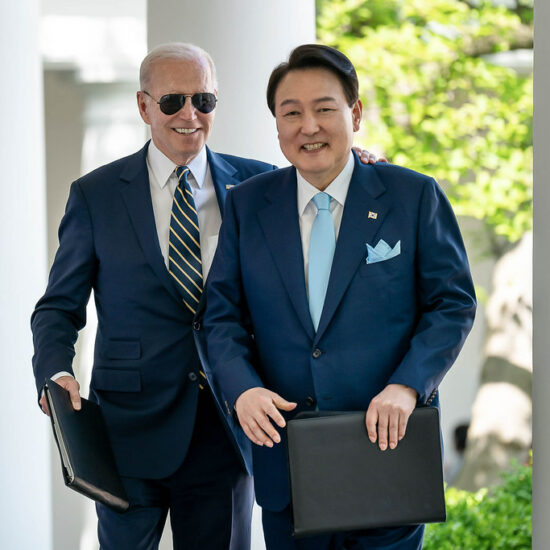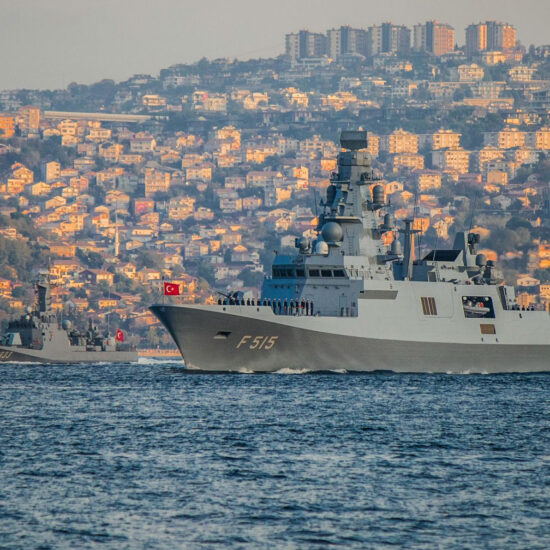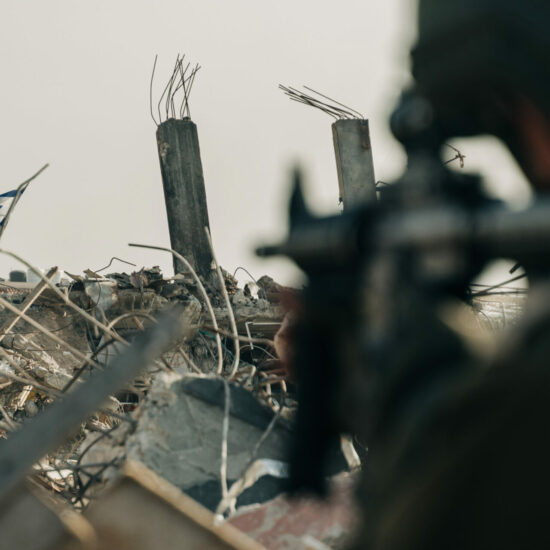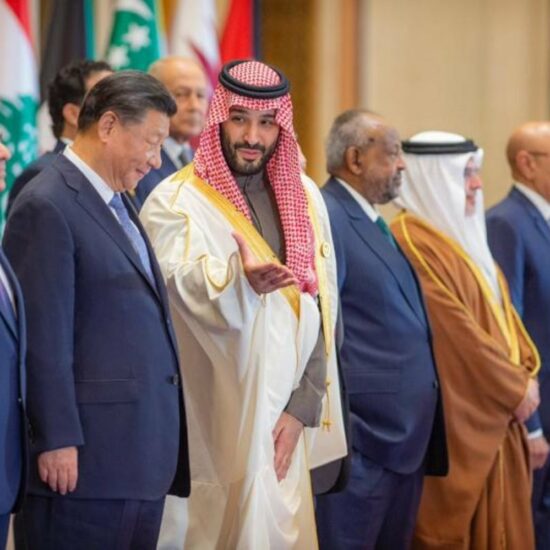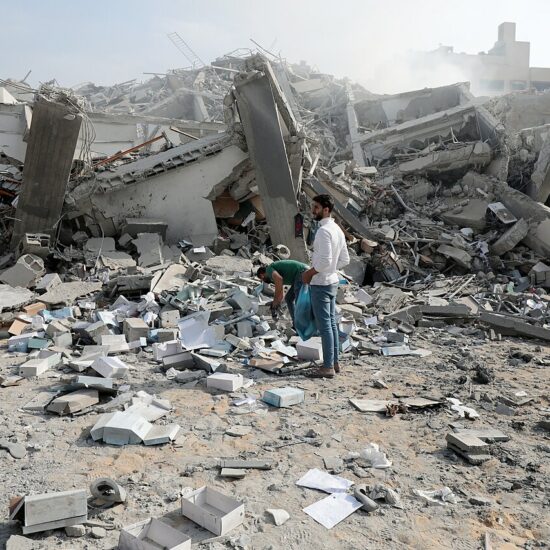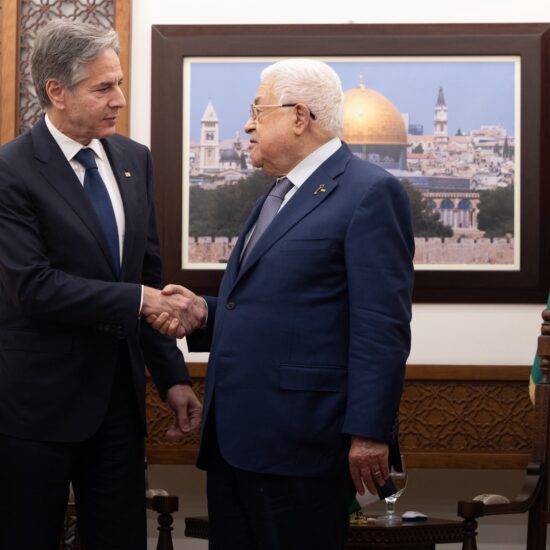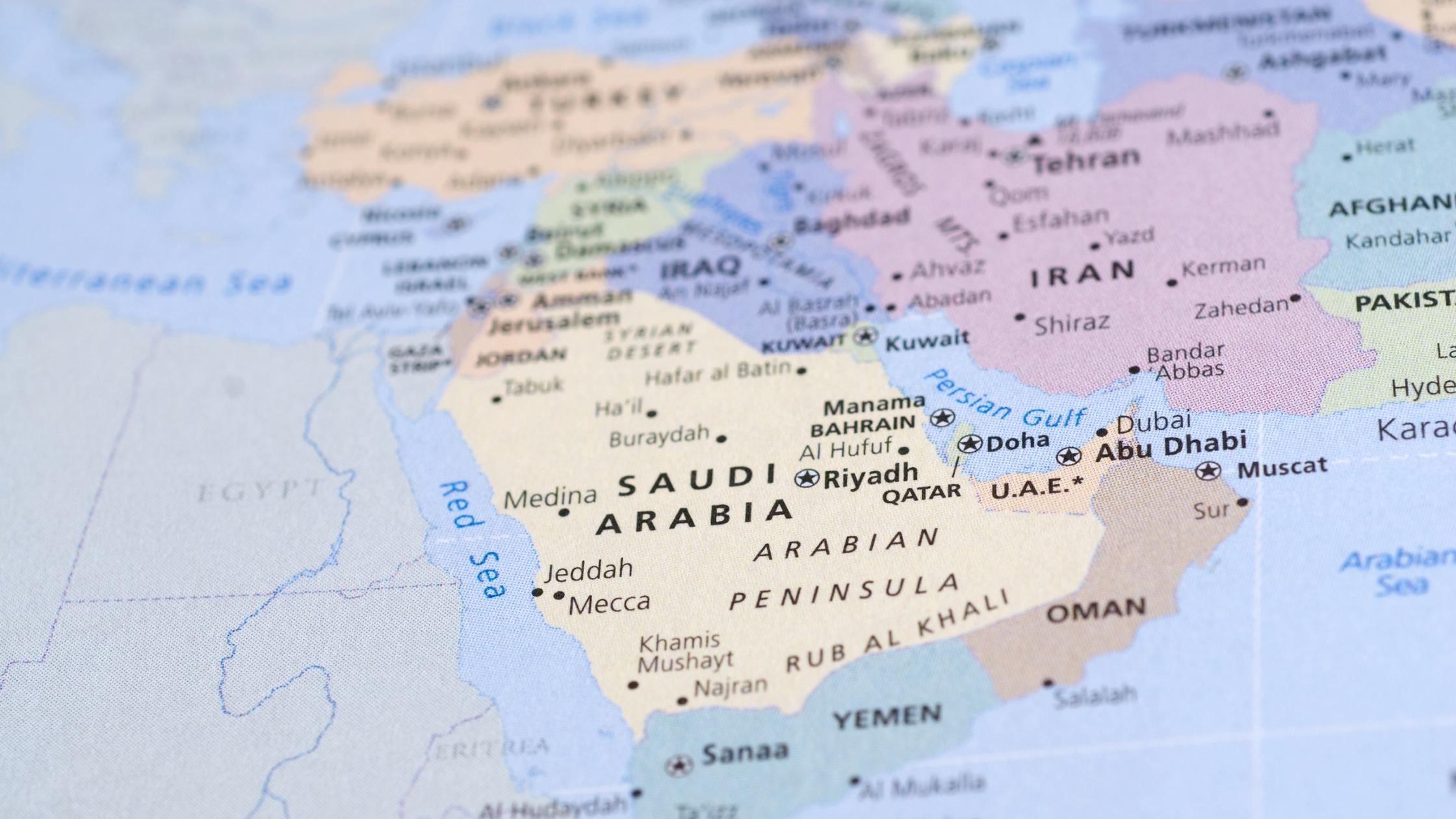
By Younes Zangiabadi and Pouyan Kimiayjan
Background
On August 4, 2022, the Institute for Peace & Diplomacy (IPD) hosted the inaugural expert discussion for a new project launched by the Middle East program called “Iran Strategy Deconstructed”. This project aims to create an international network of experts and scholars and organize regular strategic discussions on Iran, its foreign affairs and regional policies. In different forms and capacities, these experts engage with one another to deconstruct various dimensions of Iranian foreign policy and help gain a multi-faceted understanding of the challenges and opportunities for sustainable peace and security in the Middle East region.
In the first discussion session, IPD hosted high-level presenters from Riyadh and Tehran who provided insider views of the strategic debates in their capitals on the following topics: the state of Iran-Saudi talks, prospects for rapprochement between the two counties, and its regional and international implications.
Thus far, Iran and Saudi Arabia have held five rounds of direct negotiations through Iraqi mediation in Baghdad. In recent weeks, there have been reports indicating a mutual desire by the two sides to elevate their negotiations to the political level and move towards re-establishing diplomatic relations.
Around 30 senior experts invited from Canada, the United States, Europe, Iran, Saudi Arabia, and other regional countries participated in this session and some contributed to the discussion following the presentations delivered by the speakers from Riyadh and Tehran. The discussion was held under the Chatham House Rule. The following is a summary of the key points raised by the participating experts.
Executive Summary
- After a series of intense bilateral talks between Tehran and Riyadh, a diplomatic breakthrough is just around the corner with both countries prepared to re-establish diplomatic relations.
- The Baghdad talks mark a strategic shift in Saudi regional policy — not a tactical one with the Kingdom displaying increasing interest to work on initiatives born out of the region to balance the Abraham Accords — an initiative spearheaded by the United States for the region.
- The Kingdom no longer considers Washington as a reliable partner in dealing with the Islamic Republic following the US’s hesitation to back the country in responding to Iran-linked attacks in recent years. Moreover, Saudi Arabia views tensions with Iran as a significant obstacle to reaching its Vision 2030 targets.
- While Tehran carefully welcomes such a shift in Saudi regional approach, it still expects no more than a detente and a return to the pre-Arab Spring era with Riyadh.
- Threatened by Israel’s growing influence in the GCC region, Iran understands that the continuation of animosity with Saudi Arabia may push the Kingdom closer to Israel and facilitate the formation of an Arab-Israeli coalition against the country.
- Even in the case of renewed diplomatic relations, there will be other contentious issues that remain unresolved between the two countries such as the civil war in Syria, Hezbollah operations in Lebanon, and the presence of Iranian-backed militias in Iraq and Yemen. Following the normalization of relations, there is a higher chance of resolving these issues diplomatically.
Wending Through the Trust-Building Phase
As regional rivals predating the establishment of the Islamic Republic, Iran and Saudi Arabia have long viewed each other as strategic competitors that aim to shift the regional balance of power against the other. Nonetheless, their leaders, for the most part, managed to prioritize restraint in engaging with one another to avoid costly conflicts.
From Iran’s perspective, this status quo in bilateral relations changed in the aftermath of the 2011 Arab uprisings when the Saudis became more disruptive and assertive in several Arab theatres across the Middle East and North Africa region.
From sending troops to Bahrain and intervening in Egypt in support of Abdel Fattah El-Sisi to backing opposition forces in Syria and Lebanon, Iran found it necessary to update its regional strategy and posturing to match the new reality on the ground.
Calling it a regional containment policy, Iran became more active in expanding its regional influence through its proxies from Iraq and Syria to Lebanon and Yemen to push back against the Saudi influence in the region. Occasionally, Iran-backed forces extended the war into Saudi territory by targetting the oil facilities in the country. Under unprecedented economic pressure by President Trump’s maximum pressure campaign, Iran was paying a heavy price for overusing its limited resources to deter Saudi regional ambition under the leadership of the new Crown Prince Mohammed bin Salman.
Having experienced the devastating consequences of proxy war complemented by the departure of President Trump from the White House, both countries, thanks to Iraqi mediation, launched the Baghdad dialogue process, engaging in bilateral talks to resolve their security concerns in the region.
With the most Arabist administration in Iranian history, President Ebrahim Raisi and Foreign Minister Hossein Amir-Abdollahian are more eager and interested in engaging the Arab world than any of their predecessors. Trusted by the establishment, this government has real potential to bring about major changes in Iran’s relations with its Arab neighbours including Saudi Arabia in particular.
Saudi Arabia’s willingness to engage Iran and resist joining the Abraham Accords must be viewed as the Kingdom’s new regional strategy to balance forces and sustain peace and security in the region. The recent rejection of Washington’s initiative to form an Arab-Israeli alliance against Iran — proposed during President Biden’s recent trip to the Kingdom — indicates Saudi’s seriousness in pursuing an independent regional policy.
Overall, these new developments can be seen as trust-building measures taken by both countries to pave the way for re-establishing diplomatic relations and returning to the pre-Arab Spring era.
The Regional & International Factors at Play
The Baghdad dialogue marks a shift in Iran’s regional policy. Tehran will continue these talks under a ‘containment through engagement’ strategy until there is detente in bilateral relations and the two countries can move toward stabilization–as seen in the 2001 security agreement between Iran and Saudi Arabia. Although returning to President Khatami-era’s level of bilateral relations will be an unlikely scenario due to the new security arrangements in the region.
Defined by Raisi’s “Neighborhood Policy” — which mainly rests on fostering economic relations with neighbouring countries and non-Western powers — Tehran seeks new partnerships in the region as its hope for a partnership with Western powers was dashed following US withdrawal from the nuclear deal.
Iran also sees real benefits in engaging with Saudi Arabia as the country aims to reduce American presence in the region and defuse possible Western pressure in the future. To achieve such objectives, Tehran needs to resolve its tensions with Saudi Arabia.
In the case of the nuclear deal, it is in Iran’s interest to have the Saudis onboard with the deal or at least in a neutral position. It is important to note that the GCC states including Saudi Arabia, unlike in 2015, are now in favour of reviving the nuclear deal as a positive development for their national security and regional stability.
For Tehran, the strengthening of ties with GCC countries, except for Qatar, largely depends on relations with the Saudis, which Iran finds strategically vital to ensure a GCC neutral position in case of a military confrontation with Israel. The same logic applies in case there is another Republican administration in power in 2024.
Meanwhile, the conflict in Ukraine has spurred opportunities for oil-producing nations in the Middle East — including Iran and Saudi Arabia. This new dynamic encourages a more pragmatic relationship between the two countries beyond security matters.
The Impact of Nuclear Talks on Baghdad Dialogue
The restart of JCPOA negotiations has impacted the security dialogue between Tehran and Riyadh. The US tendency to rejoin the JCPOA has provided room for regional dialogue, as regional powers have a fear of being left out–particularly with the prospect of an emboldened Iran following the revived nuclear deal.
Amid the bilateral talks, Saudi Arabia wants to be seen as a constructive player to secure briefings by the negotiating parties on the latest developments in the nuclear talks. The Saudis also view the JCPOA, if revived, as a foundation upon which other issues of concern can be addressed with Iran. Thus, a failure of the talks, from their perspective, will be destructive and costly for the region as experienced during the Trump years.
While Saudi Arabia claims that diplomatic relations will be likely renewed regardless of the outcomes of the Vienna talks, the common understanding in Tehran is that Riyadh, will not extend a helping hand when finds Iran vulnerable under US pressure. As a result, Islamic Republic is not considering speeding up the upgrading of bilateral ties beyond re-establishing diplomatic relations.
Conclusion
The Baghdad dialogue will likely soon move from the security track to a political one, leading to the revival of diplomatic relations between Iran and Saudi Arabia. This provides a unique opening for both countries to engage in direct diplomacy — without a need for a mediator — to reach a compromise on other remaining issues of mutual concern across the region.
The outcome of the Iran nuclear deal will be the most important element, impacting the prospect of Iran-Saudi relations. If revived, it will help accelerate regional diplomacy between Tehran and Riyadh in the short term, which would also serve Raisi’s regionalist administration in pursuing its neighbourhood policy. If not revived, Saudis seem to be still willing to establish a direct diplomatic channel with Iran to discuss regional issues while Iranians seriously doubt such cooperative engagement is a possibility if Washington is not onboard.
Irrespective of all the regional and international developments, both countries seem to have concluded that the continuation of their proxy war in the region is a zero-sum game with no ultimate winner. Indeed, this mutual understanding is what is deriving this rapprochement between Iran and Saudi Arabia. Whether this mutual understanding stands in the long term is a strategic question that decision-makers are assessing in Tehran and Riyadh to update their threat perception of a regional rival
Younes Zangiabadi (@YounesZangi) is the co-founder and Executive Vice President of the Institute for Peace & Diplomacy.
Pouyan Kimiayjan (@k_pouyan) is a Research Associate at the Institute for Peace & Diplomacy.

